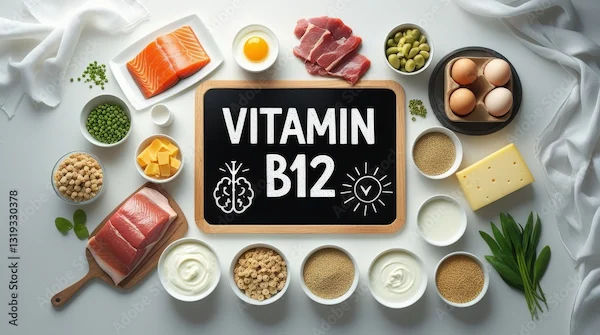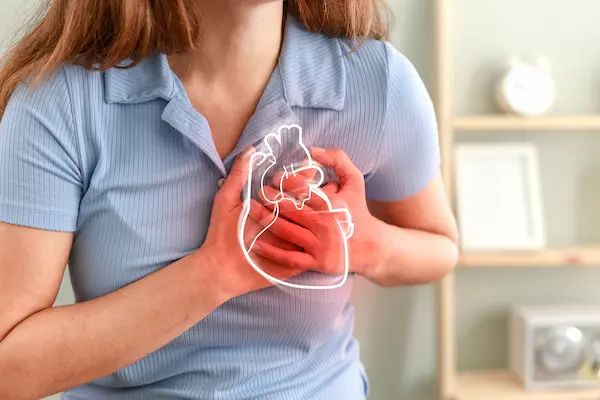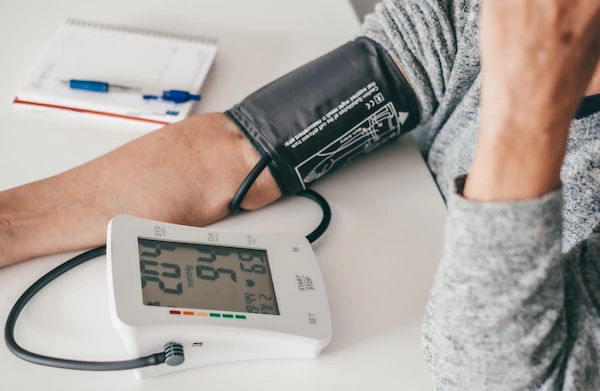- Female
- 21 Years
- 22/01/2025
I've been feeling really anxious and out of breath for the past month. This breathlessness sticks with me all day and seems to come and go unpredictably. My ECG showed sinus tachycardia. Could this be causing my anxiety and breathing issues? I'm really worried about what this means and could use some guidance.
Answered by 1 Apollo Doctors
If your symptoms are persistent or worsening, or if you experience severe breathlessness, chest pain, or dizziness, please seek immediate medical attention, as these could be signs of a more serious underlying condition that needs to be addressed.
In conclusion, while your sinus tachycardia may be related to anxiety and stress, its crucial to work closely with your healthcare provider to rule out any other potential causes and to manage your symptoms effectively.
Dr. Chandra Suggests...
Consult a Cardiologist
Answered 04/07/2025
0
0

More Cardiology Health Queries
View allI've been drinking a lot of water, like between 42 to 64 ounces a day, and I've noticed I sometimes get short of breath and feel some pressure on my chest. But when I don't drink as much water the next day, those symptoms kind of disappear. Could the amount of water I'm drinking be affecting my breathing and chest pressure?
There must some underlying condition,don't neglect, visit Physician for evaluation and appropriate management
Answered by 1 Apollo Doctors
I'm really feeling anxious about my ECG results that came in today. It's showing a low PR interval of 119ms, and I'm not sure if that's something to worry about. The report mentioned Sinus Rhythm and short PR interval. My heart rate is at 90 bpm, P duration 88ms, QRS duration 114ms, QTQTc interval 320393ms. Should I be concerned and start taking medications, or is this in the normal range? Could you explain what these numbers mean? I've attached the ECG photos too.
short PR interval is abnormal.The causes include wolf parkinson white syndrome, acute stress,junctional rhythm,anchanced AV node conduction etc,Patient need not worry , no treatment is required,, It is common in pregnancy and children.
Answered by 1 Apollo Doctors
My dad's angiogram showed a 95% block in his LAD, but the SPECT test said only 25-30% of his heart muscle is viable. The PET CT later showed 60% hibernating myocardium that's still viable. Should we go for revascularization, and if so, would a stent or bypass be better? What are the risks, or can we just stick to meds since he's stable right now?
Medicine is very important before and after procedure but it's not enough in this case Lucky no pain gives you time but few of left myocardial muscle will die if we don't give blood to it so sitting on it is not a good idea Than should not have done all scans because now they are telling you to act upon Single block easily removed by stent takes ten minutes and. 20 years results comparable to bypass . I would get myself cut for no reason Bypass is optional if stent can't be done or too many blocks
Answered by 1 Apollo Doctors
Disclaimer: Answers on Apollo 247 are not intended to replace your doctor advice. Always seek help of a professional doctor in case of an medical emergency or ailment.





